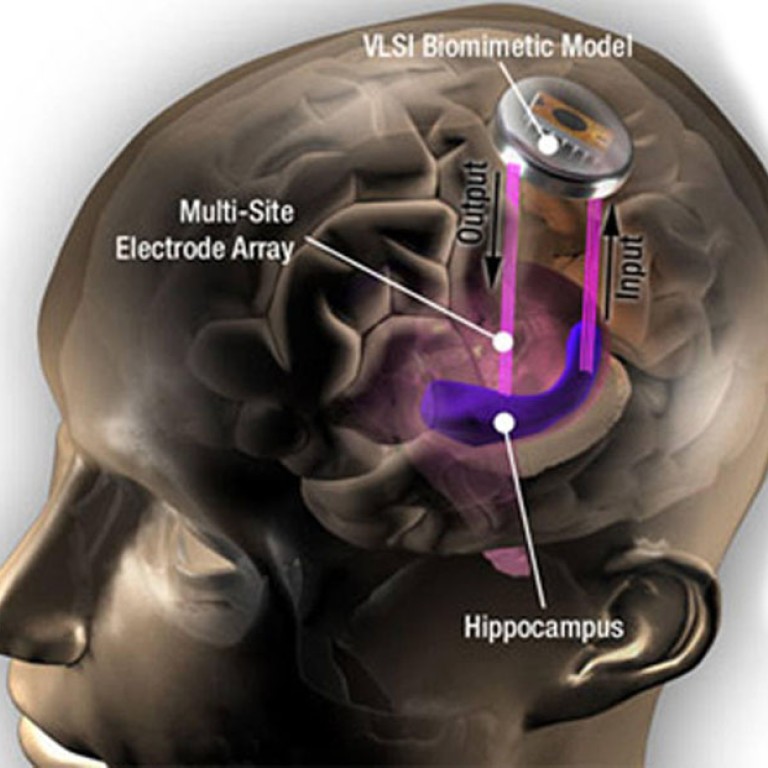
US$40m towards brain implant that could restore soldiers' memories
US military researchers have awarded US$40 million towards developing a new kind of brain implant that may help restore memories in wounded soldiers and civilians.
US military researchers have awarded US$40 million towards developing a new kind of brain implant that may help restore memories in wounded soldiers and civilians.
The work represents a major scientific leap forward, but many hurdles remain before it can be shown to work in people, the Defence Advanced Research Projects Agency (Darpa) said.
The hope is that some day, a wireless, implantable device will bridge gaps in the injured brain and make it easier to remember events, places, and context - known as declarative memories.
This kind of recall can be lost in traumatic brain injury, which has affected 270,000 US military service people since 2000 and touches 1.7 million US civilians each year.
"Our vision is to develop neuroprosthetics for memory recovery in patients living with brain injury and dysfunction," said Dr Justin Sanchez, manager of the Restoring Active Memory programme at Darpa.
"Those service members have paid the ultimate price in service of our nation, so it is our great responsibility to try to come up with new and innovative - not only scientific but medical - approaches that can help repay some of that debt."
Darpa said it was carefully weighing the ethics of such experiments and was consulting with neuroscience experts about potential pitfalls.
"It is risky, which is very typical of Dapra," said Dr Geoffrey Ling, director of its Biological Technologies Office.
The work is part of a four-year programme that supports US President Barack Obama's Brain Initiative, a US$100 million effort.
The latest Darpa awards give up to US$22.5 million to a team of scientists at the University of Pennsylvania, up to US$15 million to the University of California, Los Angeles, and US$2.5 million to Lawrence Livermore National Laboratory in California.
Medtronic, the medical device technology company, will also contribute.
Any new neuroprosthetic device will be first tested on patients with epilepsy who have also suffered memory loss and who are already implanted with electrodes as part of their treatment.
If it worked for those patients, "then we will have gained extremely valuable information on how to restore normal memory function in patients with traumatic brain injury or Alzheimer's disease", said Professor Michael Kahana, director of the University of Pennsylvania's Computational Memory lab.
As an example of the kind of memory researchers aim to restore, Sanchez cited a simple trip to a store, for which a person would need to remember its name and location.
"Ultimately, at the end of the day we would like to find solutions for the emotional, social and economic aspects of those injuries," said Sanchez.
"This concept and this vision? Easier said than done. There are huge technological challenges and scientific challenges."
In response to concerns that the military might be seeking to alter or remove the recall of soldiers in combat, Sanchez said Darpa was not doing research in the area of erasing memories.
